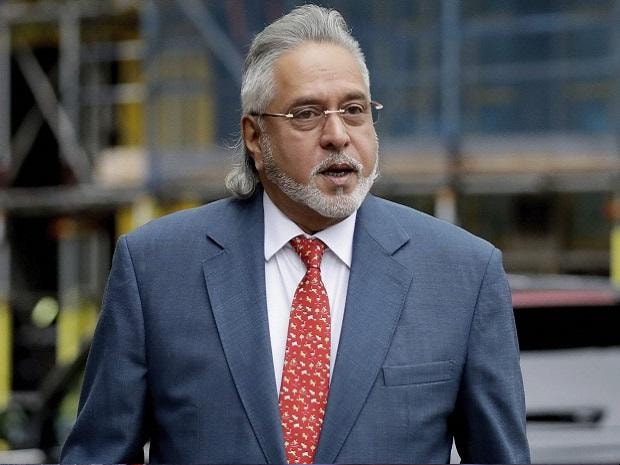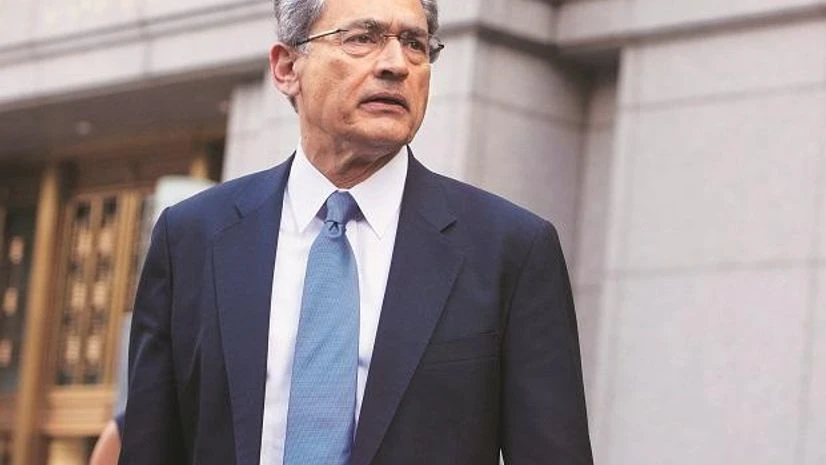1. Naresh Goyal: Grounded aviator
Twenty-nine years ago, a Jet Airways Boeing 737 aircraft took off from Mumbai to Ahmedabad. That was the airline’s first commercial flight. Jet Airways was among the new breed of private airlines that took shape in the early 1990s and only one among its peers to fly for over 25 years.


Naresh Goyal
The man behind it was Naresh Goyal, who forged tie-ups with global airlines and influenced the policy environment. Jet was the first beneficiary of the revised FDI rules, and Etihad Airways of Abu Dhabi picked up 24 per cent in the airline in 2013. Four years later, Jet teamed up with Air France-KLM for an enhanced commercial partnership.
But these weren’t enough to save the airline, dragged down by high debt. Goyal’s unwillingness to cede control, his frosty relations with Etihad, and reluctance of banks to lend prevented a rescue. The airline operated its last flight in April 2019.
More From This Section
Goyal, who has been accused of siphoning off the airline’s funds, is now waging a legal battle against State Bank of India.
2. Rajat Gupta: Once US Inc’s poster boy
Poster boy of an Indian making it big in corporate America, Rajat Gupta’s (pictured on top) fall from grace was as dramatic as his rise. Gupta, 73, was convicted of insider trading in the US in 2012 for leaking boardroom secrets of Goldman Sachs and Procter & Gamble.
Also read: Tatas to Naik, Murthy - 25 towering business leaders of India
Also read: Tatas to Naik, Murthy - 25 towering business leaders of India
He was sentenced to two years in prison, an additional year on supervised release and ordered to pay $5 million in fines. Gupta appealed to the Supreme Court of the US, which upheld his conviction in April 2015. His application to remain free until the court determined whether it would hear the appeal was denied in June 2014. He was released on monitored house arrest in January 2016 and from house arrest in March 2016.
3. Rana Kapoor: Credit hit
A junior employee at Bank of America who went on to run a bank. Then ambition and greed interrupted that run. That’s the Rana Kapoor story. Kapoor ran Yes Bank the way he deemed fit, until he had to step down as its MD and CEO when the regulator did not approve his extension.


Rana Kapoor
Between 2014 and 2019, Yes Bank’s loan book grew nearly four times due to Kapoor’s aggressive credit policies. The bank had substantial exposures to several troubled borrowers like Anil Ambani, DHFL and IL&FS, which went bust in 2018. Yes Bank’s asset quality came under pressure, and the RBI found huge divergence in the bad loan numbers it was reporting and what the inspection revealed. Kapoor was subsequently arrested.
Also read: India at 75: Munjals to Mahindras - 20 visionary industrialists of India
Also read: India at 75: Munjals to Mahindras - 20 visionary industrialists of India
4. Vijay Mallya: Wings clipped
They called him the king of good times for his extravagant lifestyle. And the good times did last a while. But then Vijay Mallya faltered. But first, the good times. When the going was good, Mallya’s Kingfisher Airlines had the second-largest share in India’s domestic air travel market. And as chairman of United Spirits, he headed India’s largest spirits company. To this day, United’s Kingfisher Beer, which Mallya had relaunched in 1978, enjoys a market share of 35-odd per cent. He also branched out into Formula 1 racing.


Vijay Mallya
Today, though, the 66-year-old is a fugitive, having fled the country on March 2, 2016, the day banks moved the Debt Recovery Tribunal against him for recovery of loans of his failed airlines. He is believed to be still living in the UK, though in 2020 he lost his final appeal against extradition to India at the High Court in London.
Also read: India at 75: From Ambanis to Bajaj - 20 doyens who shaped India's business
Also read: India at 75: From Ambanis to Bajaj - 20 doyens who shaped India's business
5. Lalit Modi: Beyond the boundary
Founder and first chairman of Indian Premier League (IPL), Lalit Modi, 58, changed the landscape of cricket in India in a flash. And then he exited it just as dramatically, amid allegations of financial irregularities in 2010. The IPL today has emerged amongst the most-valued sports franchises in the world and a money spinner for the Board of Control for Cricket in India, in part because of Modi’s vision and ability to marry cricket and entertainment in a league-style tournament, something that was common in football and basketball.


Lalit Modi
The success of IPL has spawned the culture of leagues across sporting disciplines in India. And cricket boards across the world have also taken to this concept like fish to water. Modi himself has stayed away from domestic cricket, living in London for over a decade now, since being accused of financial impropriety.
Also read: India at 75: Nooyi to Pichai - 4 Indians who made it big on global stage
Also read: India at 75: Nooyi to Pichai - 4 Indians who made it big on global stage
6. B Ramalinga Raju: A sorry saga
B Ramalinga Raju, founder, CEO and chairman of Satyam Computer Services, will be remembered for admitting to embezzlement of Rs 7,000-odd crore from the company. But things weren’t always murky.


Ramalinga Raju
Founded in 1987 (it made its public debut in 1992), Satyam was India’s fourth-largest IT services firm, with several top Fortune 500 companies as its clients and 53,000 people on its roll. And then, in a startling confession in a letter dated January 7, 2009, Raju blew the lid off India’s largest corporate fraud of that time. Trouble had started when in December 2008,
Satyam announced plans to acquire Maytas Infra and Maytas Properties, owned by the founders, for Rs 7,700 crore. Satyam was eventually acquired by Tech Mahindra. Raju was arrested in 2015, and sent to jail for criminal cheating and conspiracy.

)
